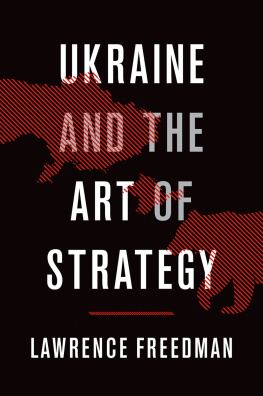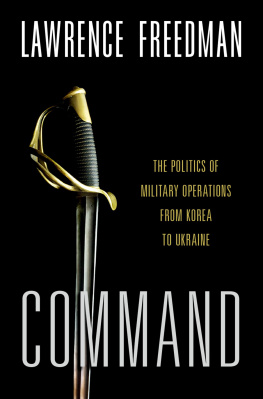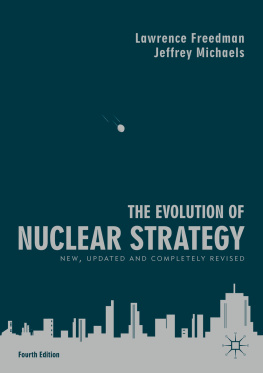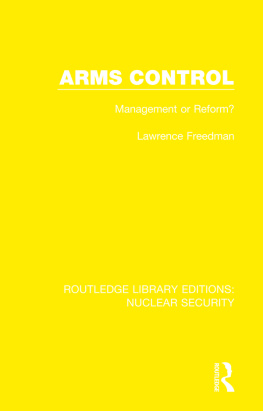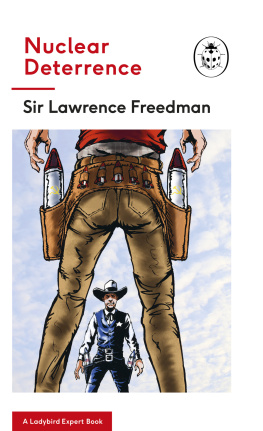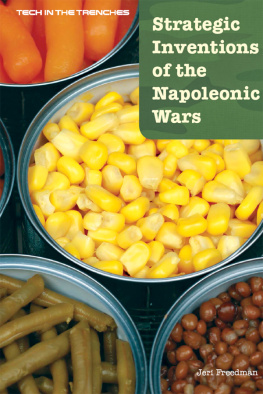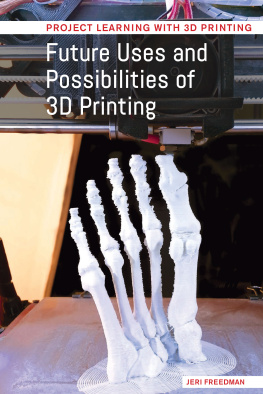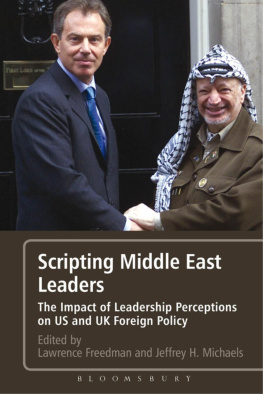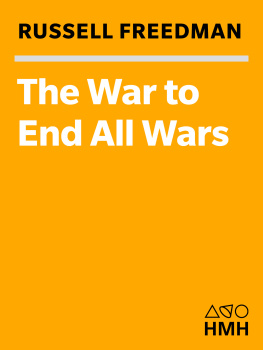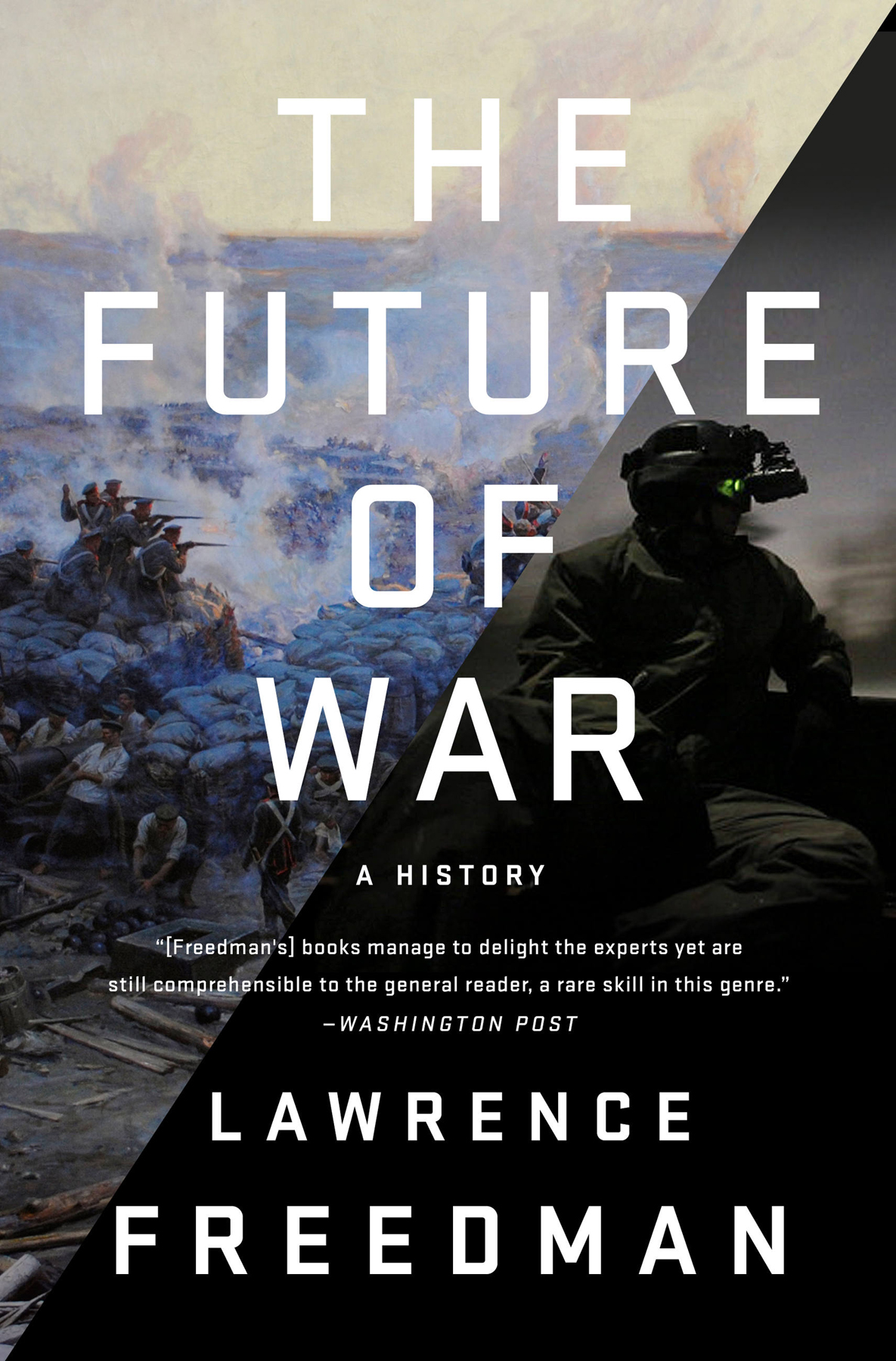My trade is courage and atrocities.
I look at them and do not condemn.
I write things down the way they happened,
as near as can be remembered.
I dont ask why, because it is mostly the same.
Wars happen because the ones who start them
think they can win.
MARGARET ATWOOD, The Loneliness of the Military Historian, 1995
I n Greek mythology the gods of war brought misery and mayhem. Ares, once let loose, became dangerous and terrifying. His companion, Enyo, destroyed cities, and his children embodied strife, fear, and dread. From Enyos brother Polemos came the rarely used word polemology for the study of war and the more frequent polemic for aggressive language. Polemos appeared in Greek literature as wars vicious personification. One of Aesops Fables describes how, as the gods chose their mates, Polemos struggled to find a partner. Eventually only Hybris was left. She was the goddess of reckless, arrogant pride, from whom we get the word hubris. Polemos fell madly in love with Hybris and followed her wherever she went. The moral of the story was that the nations of the world should never allow Hybris to come among them for if they did war would not be far behind.
The Romans also linked war with the intrigues of the gods. Virgils Aeneid described how war can become all-consuming, its furies sparing neither side, especially when it erupts into discordiaa civil war. Yet they also could see nobility and purpose in war. As Ares transformed into the Roman god Mars, he gained dignity and praise as a guardian of the people rather than as a source of disruption. Enyo became Bellona, who came with shield and sword. She had her own temple for meeting foreign ambassadors, proclaiming victorious generals, and declaring wars. But Bellona was in no sense sedate. In early Roman times she was honoured by human sacrifices and drinking blood. Her role was to inspire and urge on the soldiers to violence. Virgil describes her as carrying a blood-stained whip.
Bellonas name derives from the Latin word for war, bellum. This word lives on when we talk of people inclined to war as being bellicose or belligerent. The English wordsmiths of the first millennium, however, considered bellum to be inappropriately close to the word for beauty, bellus. They therefore looked for alternatives. The term that came into use was an old English word for struggle or strifegewin. This was eventually replaced by the German werran, which meant something similar, and is linked to our word worse. Werran became weorre and then warre in English, and guerre in French.
War therefore has a long association with confusion and discord, but also with honour and the defence of all that is most valued. This duality of war means that it is driven forward because something that really matters is at stake, yet shaped by means that are inherently destructive, unruly, hard to control and contain. This is why war invokes such contrary emotions. On the one hand it describes the grim consequences of conflict. War can tear the heart out of communities. On the other it can be a source of extraordinary solidarity. It tends to be filled with desperate moments of tragedy and sorrow, of cruelty and waste, but also of inspiring moments of heroism. The gadgetry of war fascinates just as much as its effects appal. States continue to prepare for war while professing to wish to legislate it out of existence. If they must fight, they insist, they will do so only for the most righteous of reasons, as a last resort, and in the most civilized manner. Western culture, not at all uniquely, is infused with a keen sense of this duality, of war as a terrible thing to happen but on occasion a noble and necessary thing to do. We define war through this duality, acknowledging its inescapable violence but requiring that at least this be organised and purposive. Random acts of violence or conflicts that are conducted without violence do not count as wars.
Perhaps by reaching such horrific peaks of destructiveness, great-power war had almost abolished itself.
Optimism on this score grew in the 1990s after the end of the Cold War. The Long Peace continued, leading to speculation that perhaps humankind had learnt something about war. The historian John Keegan wondered whether: War may well be ceasing to commend itself to human beings as a desirable or productive, let alone rational, means of reconciling their discontents.
He had evidence to support his general thesis on the decline of violence. Fifteen per cent of our early ancestors met with a violent death; by the sixteenth century this was down to some 2 per cent; over the last century around 0.7 per cent of the worlds population died in battle.
The long-term decline in rates of homicides and state cruelty and in the incidence of all wars reflected, he argued, the progressive triumph of our better angels of empathy, self-control, and morality over the inner demons of instrumental violence, domination, revenge, sadism, and ideology. This had come together as a civilising process.of reason, allowing for an intelligent, educated critique of claims that might once have been used to justify appalling practices. Underlying his argument, therefore, was a liberal scepticism about state power, opposition to militarism, disdain for mercantilism, and support of cooperative action and internationalism.


